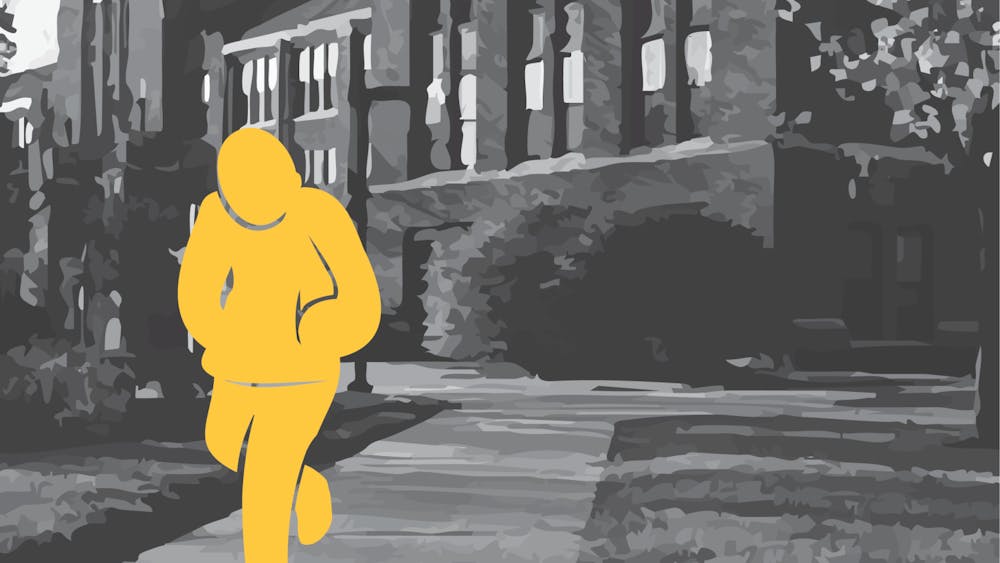A little later, please
Letting bars stay open until 4 a.m. might promote drunken revelry.
It may require additional security. But it might also increase revenue at a time when Michigan needs it most. The proposal should be adopted.
Bars currently are required to close at 2 a.m., before many patrons are ready to leave. The proposal would allow bars to profit from this cutoff demand.
Emphasis should be placed on 'allow.' The proposal simply would extend the option to remain open later; bars would not be required to remain open until 4 a.m. It would just be an option for bars that see it as a profitable choice.
This would not impose upon bars the need for additional security. For those that wish to remain open, additional security likely would be needed. But for those that do not wish to take advantage of extended hours, security needs would remain the same. It comes down to whether the bar sees a later closing time as profitable.
In the current economic climate, Michigan should promote business to whatever extent it can. This proposal, which would allow bars to profit more from patrons, is one way of increasing revenue. It's not the most noble of expenditures, but it would provide tax revenue. The proposal may increase tax revenue by as much as $24 million, according to state estimates.
There is little reason to think extending hours would impose a largely increased security risk upon the community. Open bars would let patrons drink later at night. But for many, this would not provide something they already could not access. Many simply relocate to an apartment and drink in private after 2 a.m.
The proposal need not greatly increase public drunkenness. And it may help keep drunken drivers off the road by providing a place to stay for another two hours. In terms of public safety, the proposal may carry positive consequences, too.
Of course, it's difficult to predict what actually will happen. If the proposal is passed, Michigan should keep careful tabs on alcohol-related crime rates. The price for supplemental police force, if necessary, should be included in the price for an extended-hours liquor license.
Now, however, the proposal is worth giving a shot. It need not endanger the public, and it could help make money for Michigan.



